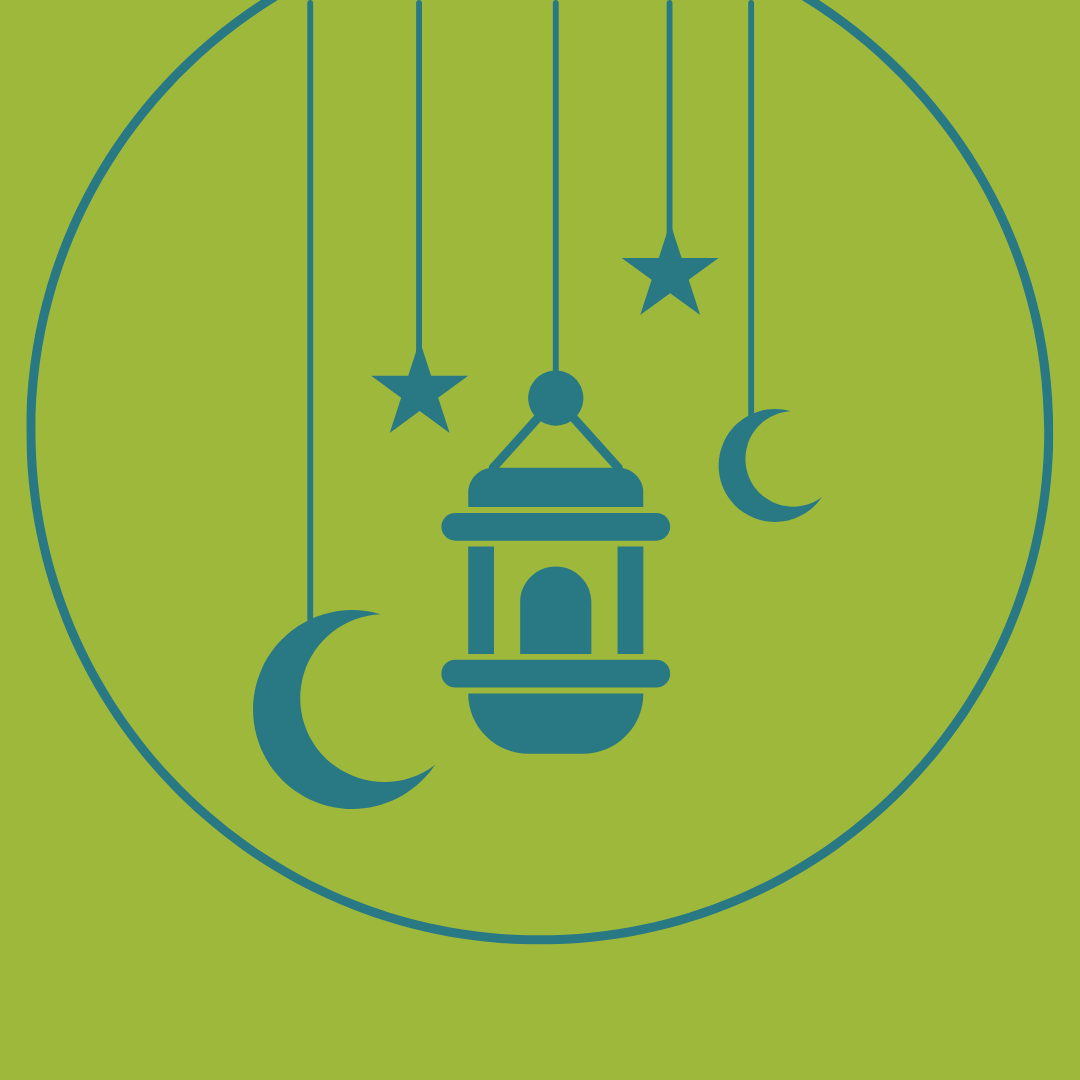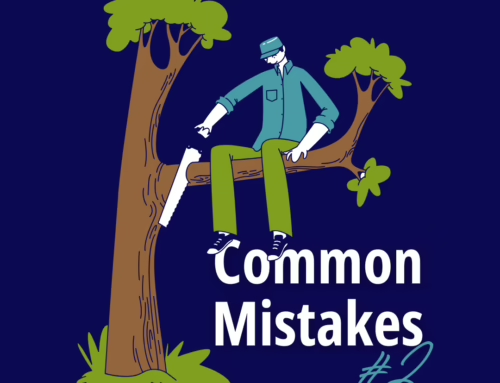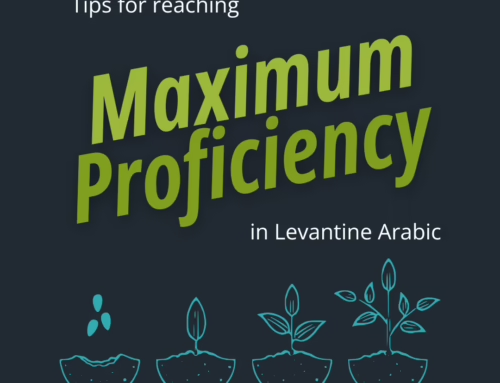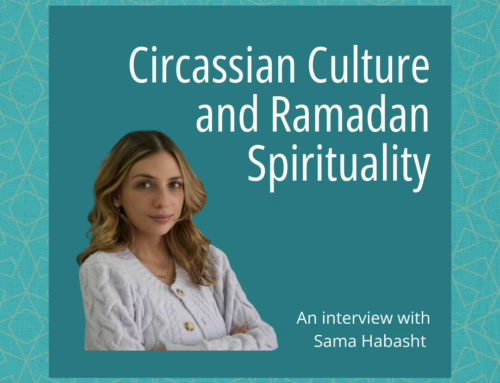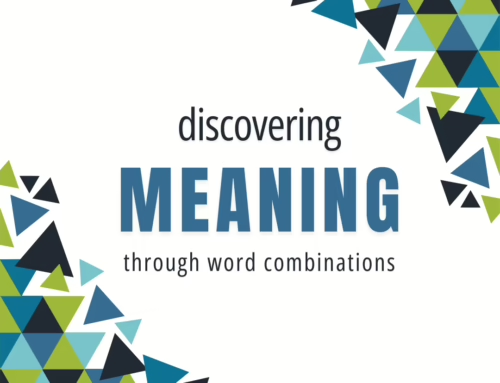Jennifer: [00:00:00] Greetings from Amman, Jordan. Today we have a very special guest with us as we talk about Ramadan, the fasting month for Muslims, Anwar Nassar.
Anwar: [00:00:12] Hello, Um Sufyan. كيفك? How are you?
Jennifer: .ٱلْحَمْدُ لِلَّٰهِ
Anwar: Thank you so much for having me.
Jennifer: [00:00:17] Anwar has been with Shababeek, tell us how long…
Anwar: [00:00:20] I’ve been here for almost nine years. I’m about to start my 10th, so I am really grateful for that.
Jennifer: [00:00:27] That’s amazing. So as some of you know, our anniversary is coming up on May 1st. We’ve been open for ten years now, so that means Anwar has been with us almost since the beginning, which makes her very special as she helped us basically build what we have now. That’s incredible. So tell us a little bit about Ramadan.
Anwar: [00:00:47] Ramadan is the most important month in our religion, in Islam. It serves as a reminder of the month when the Qur’an, the Muslim holy book, was first revealed to the Prophet Muhammad, peace be upon him. During this month, Muslims are not allowed to eat or drink from sunrise to sunset. This is called fasting. Children are not expected to fast, but we do encourage them, or give them chances to try what fasting is about, and how to fast.
Jennifer: [00:01:27] So what else is included? What are people generally fasting from besides water and food?
Anwar: [00:01:35] It is more than just food and water. It’s about fasting from some sins that you do daily, like talking about others, talking about people behind their backs, gossip. It’s the month you are going to purify your life. It’s about purification.
Jennifer: [00:02:06] So maybe outsiders to the tradition may think about this as a really difficult time.
Anwar: It is, yeah.
Jennifer: Is that how you see it or is there another way you would describe your feelings about Ramadan?
Anwar: [00:02:16] Of course it is a difficult time. It’s about like how you are going to feel for others. Sometimes you need to appreciate everything around you. If you’re forbidden to do something, you might realize, “Oh my God, I was really blessed.” We need to feel with others. I think thinking is better without food. You have time for yourself. You think better, even if you keep thinking, “when can I eat?”, or what mama might make for افطار. But yeah, it’s time to clear your head and focus more on yourself. How to to be a better person day by day. And yes, it is hard, but it’s something manageable because God doesn’t give us something that we can’t manage or handle.
Jennifer: [00:03:15] So can you describe what a typical day is like? What’s a routine for you during Ramadan?
Anwar: [00:03:20] During Shababeek, where we work, I come to work. After 3:30 or 4:30, I’ll be at home. I will struggle, إِنْ شَاءَ الله, in the ازمة.
Jennifer: [00:03:33] Lots of traffic. That’s a word we have to know when you live in Jordan. It means there’s heavy traffic.
Anwar: [00:03:39] And everybody after 5:00 is playing around in the سوق, in the markets, buying قطايف .قطايف is a kind of sweet that we eat, especially in Ramadan.
Jennifer: [00:03:54] Yeah, they’re like a little thin pancake.
Anwar: [00:03:55] Yeah, and stuffed with cheese or nuts.
Jennifer: [00:04:00] And then just a whole bunch of liquid sugar poured over it.
Anwar: [00:04:01] Yeah, yeah. We dip it in the قطر…
Jennifer: …and fry it.
Anwar: Yeah. Fry it or just put it in the oven. It depends if you want to be healthy or not.
Jennifer: [00:04:13] Tell us what it’s called again.
Anwar: [00:04:13] It’s قطايف, or ئطايف.
Jennifer: [00:04:16] Great new word for everyone.
Anwar: [00:04:18] So, after that, ٱلْحَمْدُ لِلَّٰهِ God رزقني, gave me a good husband that will tell me, “just go to sleep,” because I really look tired after 5:00. He just says, “Go to sleep. I will do whatever I can.” He loves to cook. This is a blessing. I will wake up at seven.
Jennifer: [00:04:41] You’ve really got a good husband.
Anwar: Yeah. ٱلْحَمْدُ لِلَّٰهِ
Jennifer: [00:04:45] So what else? What are some other traditions that happen during the fasting month that you don’t do other times of the year?
Anwar: [00:04:50] My family always invites us to افطار, not daily because they’re going to hate me, but every other day. Or Mama will send me a صحن, a big plate of good food. All of Ramadan everything is good because you’re starving. Everything that is on the table is really delicious. After افطار, we’re going to sit together, talk and praise our God for everything that he gave us. And after that, they go to تراويح. It’s a time for us just to relax without men. It’s not an obligation for the women to go to تراويح but if she wants to, why not?
Jennifer: [00:05:36] Most women do that or do many stay home?
Anwar: [00:05:39] I think it’s not an obligation. It’s not mandatory for every woman. But some women love to be involved.
Jennifer: [00:05:48] So what are some of your favorite memories of Ramadan from when you were a kid?
Anwar: [00:05:52] When I think about Ramadan, when I was a kid, I remember sneaking behind my mom and eating some good food because I was starving and because mom was training us to fast. But after that, she would talk to us and remind us what fasting is about. She would say, “If you if you really hungry, just come and tell me.” She started to teach us to fast at the age of eight.
Jennifer: [00:06:26] Stages. Like, a little at a time.
Anwar: [00:06:28] It’s called صوتة العصفورة. You’re not fasting the whole day. You’re only fasting some hours just to train yourself to do it another extra hour the next day and work toward that. So it’s called صوتة العصفورة.
Jennifer: [00:06:45] That’s a fun expression. Like a bird fast. We would say, maybe, a baby fast.
Anwar: [00:06:53] Yeah, yeah. But if you feel you’re sick or you’re tired… I’m pregnant now. So everyone says, if you’re tired, if you’re sick, if you have some medical condition that you can’t fast because of it, just don’t fast.
Jennifer: [00:07:10] So what’s it like to be pregnant and fasting?
Anwar: [00:07:15] For me it’s not that hard because I did try it with my first kid, بس by the end of the day, I will be really tired. But that’s what others feel also. It’s not that different between a pregnant woman or another. It just depends on each person’s body.
Jennifer: [00:07:34] That brings us to a really good question. If you’re unable to fast, let’s say you do have medical condition or you’re traveling or there’s lots of reasons in Islam why you wouldn’t maybe be required to fast… What do those people do instead?
Anwar: [00:07:52] We do have like some basic rules in Islam. This is what كفارة is all about, كفارة الصيام. When you can’t fast, what should you do just to make it up… the day that you didn’t fast? It’s about عتق رقبة… In the past there were a lot of slaves. You need to free them and to feel they’re one of us. They’re not different, we’re not better than them. So it’s عتق رقبة, but I don’t think that exists now because we don’t see this. You need to feed 60 poor people and try to fast the day you missed on another day.
Jennifer: [00:08:43] So you do a substitution.
Anwar: Yeah. As a substitution.
Jennifer: [00:08:46] Or you contribute or donate to the poor.
Anwar: Yeah.
Jennifer: How would you say in general that Ramadan is different than other months of the year?
Anwar: [00:08:53] It is different. It’s about like having everyone around you… we are bonding and Ramadan. We see each other a lot.
Jennifer: [00:09:02] Yeah. You’re with your family every day.
Anwar: [00:09:04] Yeah. Not only my family, even my extended family, my uncles, my cousins. Sometimes we don’t see each other because we’re so busy, but in Ramadan there is a time for everyone in the family to gather and eat together, check in on each other, and help others. There’s some زكاة that you need to pay. Also, it’s about having everybody around you, talking to them, helping them out if they need some help.
Jennifer: [00:09:33] Great. Yeah. زكاة is another important word. We’re learning lots of Arabic words today for those of that you are that are listening for vocabulary. We’re learning culture today too, which is incredible because we always want to be learning culture as we’re learning language. But these words that are coming up are very specific to Ramadan and not necessarily translatable. A lot of them are concepts that just exist here in the understanding of the culture around it. So can you explain زكاة a little bit?
Anwar: [00:09:57] Yeah, زكاة is an amount of money that you need to pay. If everyone paid their زكاة, no one will be under the poverty line. This is what we hear. And زكاة depends on how much money you have. So it depends. It’s like a percentage.
Jennifer: [00:10:19] So the more wealthy you are, the more you should be giving. It makes sense to me.
Anwar: [00:10:23] Yeah, exactly.
Jennifer: [00:10:24] Awesome. Well, is there anything else you want to tell our listeners today about Ramadan? Something we haven’t covered?
Anwar: [00:10:31] Some some participants keep asking me, “Anwar, are you really fasting? Why, you are pregnant? Is it really hard?”
Jennifer: They’re concerned for you.
Anwar: Yeah, they are. But sometimes I encourage them: “Why don’t you experience this feeling with me? Regardless of wether I’m pregnant or others are not, but share just for one day. It’s more than صيام متقطع. It’s like intermittent fasting without water. Everyone has their own way of fasting. For me, when when I hear someone say, “Oh, I’m fasting for seven days without food, only water,” for me, that’s harder than like doing a Muslim fast, you know? So don’t feel awkward being around us in Ramadan. If you want to experience this feeling, go ahead and fast with us.
Jennifer: [00:11:33] Yeah, I think that’s great. I think it’s good for everybody to experience, especially if they have Muslim friends, to at least try one day of fasting as they do, because like you said, it helps you empathize with other people, live a day in their shoes, and be able to experience what it’s like. I’ve done that in years past. I’ve always felt like if I’m having my employees work, then I should understand what they’re feeling throughout the day. So for you out there listening, I really encourage you to give fasting a try. Your Muslim friends are going to appreciate it, that you’re trying to join them in that and then maybe be invited or invite them to break the fast with you, because that’s a really special time. Thanks so much for being with us today. I really appreciated having you.
Anwar: [00:12:12] Oh, I’m really happy. And thank you so much for giving me the chance to talk about the most important month of the year for us. Thank you so much.
Jennifer: [00:12:26] You’re welcome. For those of you who are excited about those new words we just heard, we’re going to put those in the episode notes so you’ll be able to see those and start to learn those because they are vocabulary that’s very specific to the fasting month. So in episodes to come, hopefully we’ll be covering more and more vocabulary as we interview more people, more Arabs here in Jordan to see their experiences of Ramadan and to learn more about those that we want to love and connect with. Have a great week.
This podcast episode transcript has been edited for grammar and ease of reading.

